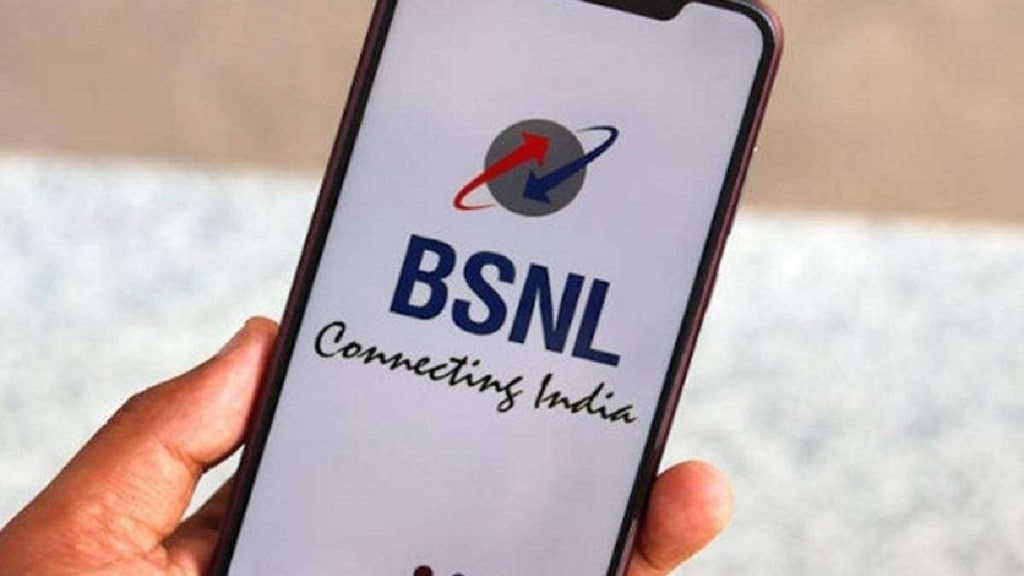Boston Consulting Group (BCG), which was hired by state-owned Bharat Sanchar Nigam Limited (BSNL) to chart its revival plan, has recommended that the company should expedite 4G rollouts, focus on service quality and high average revenue per user (Arpu) users, people in the know said.
Besides, BCG wants BSNL to revamp its customer experience by launching a Super App — inclusive of all the services for users. Moreover, it suggests the telco should redesign its customer acquisition process, introduce a generative AI chatbot for consumer queries and set up a premium call centre desk for high Arpu users.
Currently, BSNL has deployed 50,000 4G sites across the country and out of that 41,000 are operational. The company will deploy 100,000 4G sites by mid-next year and graduate some sites to 5G by that period. The consultancy firm, which is being paid Rs 132 crore by BSNL, has submitted its interim report for BSNL’s Project Uday — its strategic transformation project.
Basis the interim report, BSNL has started trials in five circles – Maharashtra, Uttar Pradesh (East), Andhra Pradesh, Bihar, and Rajasthan. The trials in phase 1, will focus on quality of services, selling and distribution, and customer centricity, sources in the know said, adding that the recent rebranding by BSNL is part of its Project Uday. While BSNL has launched 4G services in some parts, sources in the know said the same lags quality currently as there are less number of sites, which gives 2G, 3G-like speeds.
Owing to tariff hikes by private telcos, the company has added about 5.4 million users in July and August, taking its subscriber base to over 91 million. However, the company’s pace of subscriber addition has now slowed for BSNL as private operators have started winning the subscribers back owing to their service quality, sources said.
Further, in the fibre-to-the-home (FTTH) business, BSNL is facing user churn to private telecom operators owing to poor maintenance of the services by its partners. Lately, BSNL has also reduced commissions to last-mile FTTH partners, which are pushing services of private operators, people in the know said.
As of August end, BSNL had 4.2 million wired broadband subscribers, compared to 13.5 million subscribers of Jio and 8.3 million subscribers of Airtel. For BSNL, the pace of FTTH user additions has shown a marginal increase over the past few months.
BCG suggests that BSNL reduce customer service costs and also recommends hiring a team on a contract to serve platinum enterprise businesses. Platinum enterprise customers are those, which have a turnover of Rs 500 crore. The segment is the main source of income for BSNL.
Certain employees within the company, however, objected to BCG’s recommendation on hiring a contract team for enterprise business customers as the same will involve paying hefty commissions to the people on contract.
Notably, BSNL is also looking at a new sales and distribution policy for BSNL with a 25% reduction in total outgo on commissions and incentives.
Officials said the government will implement a few policy suggestions by BSNL on an experimental basis, before moving ahead with plans in other circles.
These circles were selected based on data analytics indicating significant potential for service and revenue growth especially in the mobile segment, an official said, adding that the target is to double the revenue from mobile services in these circles in the trial.
BCG has also recommended the telco should get into edge and co-location data centre business, and also explore metaverse-led experiences to engage with users.
BSNL Uday project is divided into two phases. In the first phase, BCG will focus on analysing the gaps in BSNL’s current approach across key circles. It will focus on strategy/solution development aimed at the telco’s revival and achievement of vertical-wise revenue targets.
In the second phase, BSNL will look at implementing the recommendations in a phased manner subject to the availability of resources, primarily capital expenditure funds.
BSNL has a target to achieve Rs 35,960 crore revenue from operations by 2027-28, a growth of 80% over Rs 19,000 crore revenue in FY24. From FY25 to FY27, the aim is to grow revenue 20% year-on-year, as per the target given by the government to BSNL.








